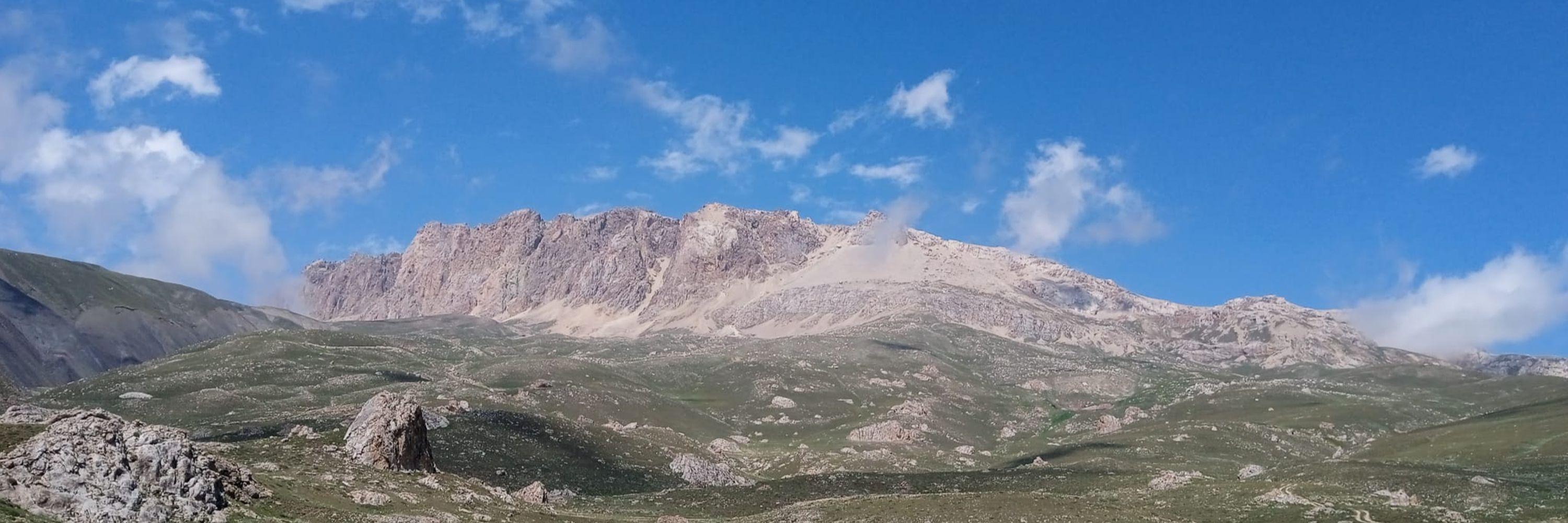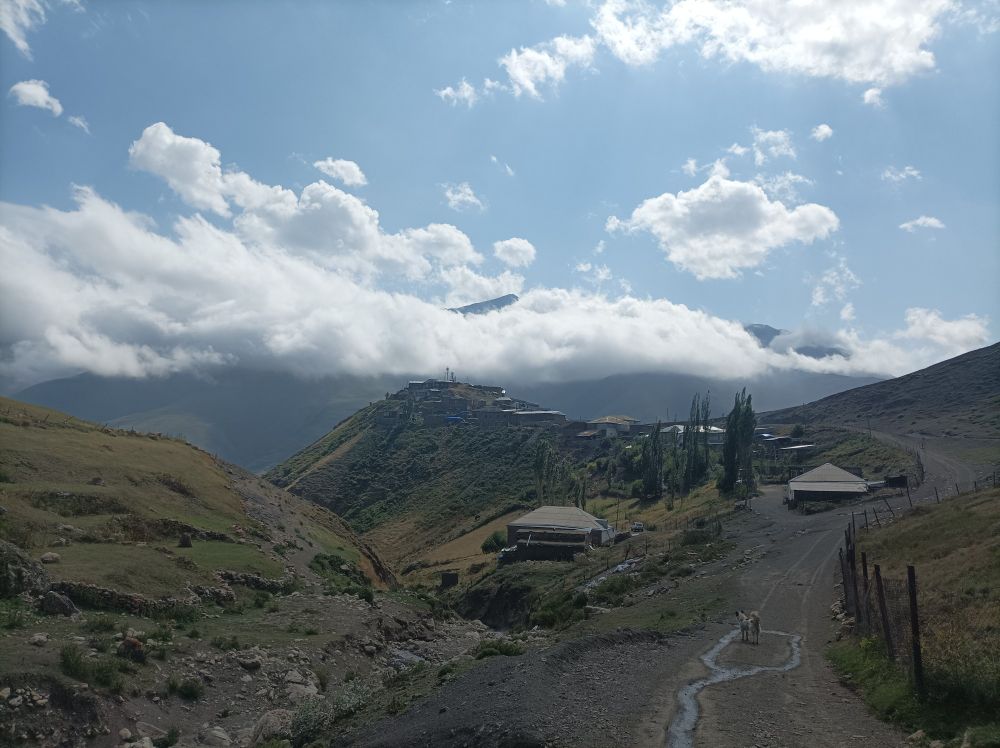
Sharing Space for Nature Research Fellow @dice-kent.bsky.social
Previously at @imperialcollegeldn.bsky.social and @ox.ac.uk
📄 Paper: www.nature.com/articles/s41... (email me for a copy if needed, t.pienkowski[at]kent.ac.uk)
🔓 Open pre-print: osf.io/preprints/so...
📄 Paper: www.nature.com/articles/s41... (email me for a copy if needed, t.pienkowski[at]kent.ac.uk)
🔓 Open pre-print: osf.io/preprints/so...
ow.ly/NQ3N50Xqoba

ow.ly/NQ3N50Xqoba
conbio.onlinelibrary.wiley.com/doi/10.1111/...

conbio.onlinelibrary.wiley.com/doi/10.1111/...
www.nature.com/articles/s41...

www.nature.com/articles/s41...


www.lshtm.ac.uk/newsevents/n...
Full paper: www.thelancet.com/journals/lan...
www.lshtm.ac.uk/newsevents/n...
Full paper: www.thelancet.com/journals/lan...









